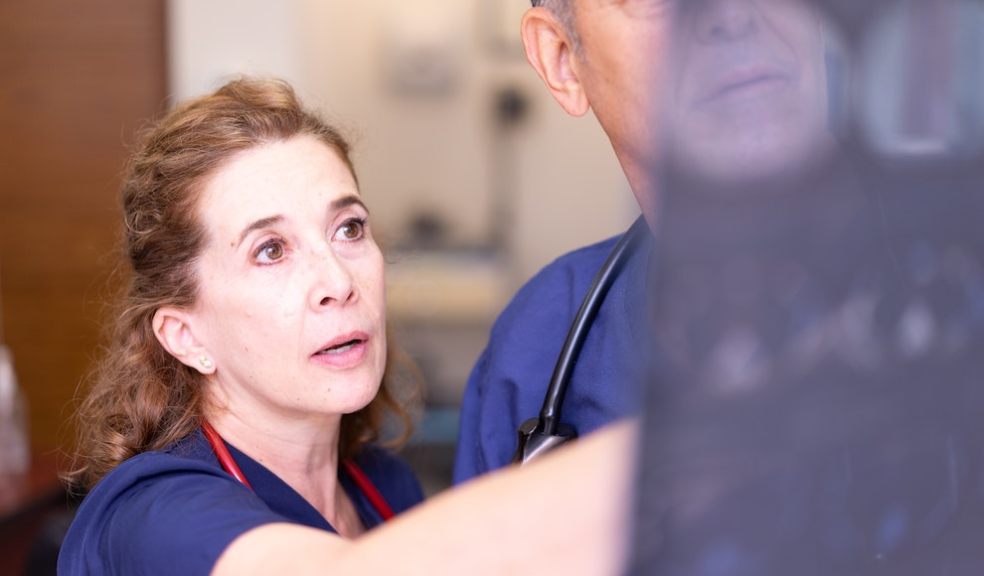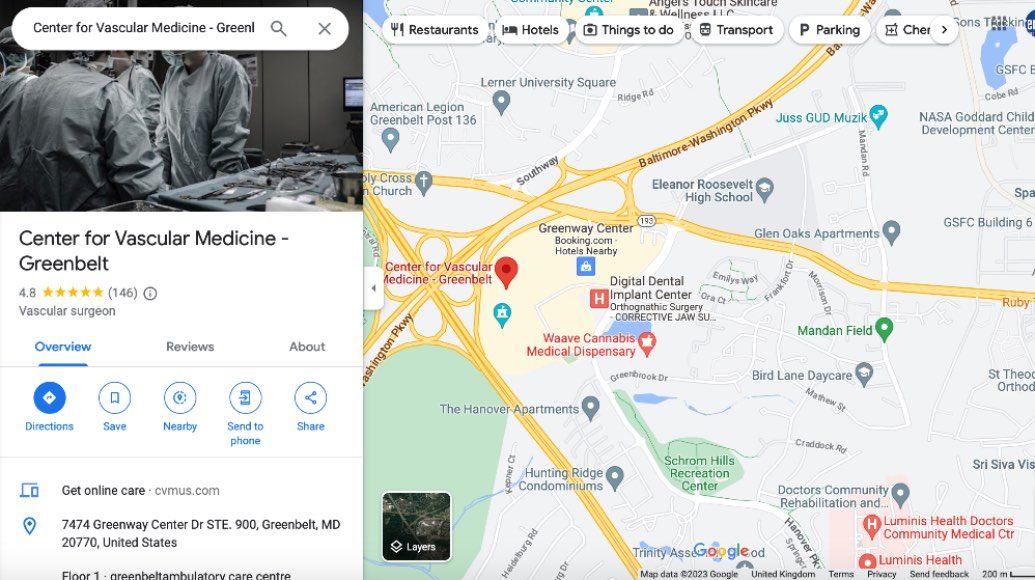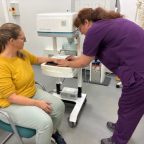
Advancements in medical technologies: Pioneering a healthier tomorrow
Medicine has witnessed remarkable advancements in recent years, revolutionizing how healthcare is delivered and transforming patients' lives. These pioneering advancements are driven by cutting-edge technologies that have the potential to redefine the diagnosis, treatment, and management of various medical conditions. One such institution at the forefront of these innovations is the Center for Vascular Medicine. In this article, we delve into the remarkable advancements in medical technologies and explore how institutions like the Center for Vascular Medicine are shaping a healthier tomorrow for patients.
The Evolution of Medical Technologies
Medical technologies have evolved from simple instruments to complex systems integrating precision, data analytics, and real-time monitoring. These technologies enhance the accuracy of diagnoses and enable personalized treatment plans tailored to individual patient needs.
Early Detection and Diagnostics
Advancements in medical imaging, such as high-resolution MRI and CT scans, have revolutionized early disease detection. Physicians can now visualize internal structures with unprecedented clarity, allowing for earlier diagnosis and intervention. This leads to more effective and less invasive treatment options.
Minimally Invasive Procedures
One of the most significant breakthroughs in medical technologies is the rise of minimally invasive procedures. Techniques such as laparoscopy and robotic surgery offer patients shorter recovery times, reduced scarring, and fewer complications than traditional open surgeries. These advancements improve patient outcomes and quality of life.
Precision Medicine
Precision medicine harnesses the power of genomics and molecular profiling to customize treatments based on a patient's genetic makeup. This approach leads to more targeted therapies, minimizing adverse effects and optimizing treatment efficacy.
Telemedicine and Remote Monitoring
Telemedicine leverages communication technologies to provide remote healthcare consultations, enabling patients to access medical expertise regardless of geographical barriers. Coupled with wearable devices and mobile apps, telemedicine facilitates real-time health monitoring and chronic disease management.
Center for Vascular Medicine: A Beacon of Innovation
The Center for Vascular Medicine is among the institutions driving medical technology advancements. This center is at the forefront of vascular health, utilizing state-of-the-art technologies to diagnose and treat vascular conditions. Their multidisciplinary approach integrates cutting-edge imaging, endovascular therapies, and patient-centered care to achieve optimal results.
Vascular Health and Technological Breakthroughs
Vascular health has greatly benefited from technological breakthroughs. Procedures like angioplasty, stenting, and atherectomy have become less invasive and more effective, ensuring better blood flow and reduced risk of complications. Imaging techniques like Doppler ultrasound and CT angiography allow for accurate diagnosis and monitoring of vascular diseases.
Patient-Centric Care
Advancements in medical technologies empower patients to participate in their healthcare journey actively. The Center for Vascular Medicine embraces patient-centric care, utilizing technologies that enhance communication, education, and patient engagement. This approach fosters a collaborative relationship between patients and healthcare providers, improving outcomes.
Future Outlook
As medical technologies continue to evolve, the future holds even more promise. Innovations in artificial intelligence, robotics, and nanotechnology are poised to further revolutionize healthcare by enabling more precise diagnoses, personalized treatments, and targeted drug delivery.
Conclusion
Advancements in medical technologies are propelling the healthcare industry into an era of unprecedented possibilities. Institutions like the Center for Vascular Medicine - Greenbelt near Laurel exemplify the transformative impact of these technologies on patient care. From early detection and minimally invasive procedures to precision medicine and telehealth, these innovations shape a healthier future where patients receive tailored, efficient, and effective care. As medical technologies evolve, the path toward a healthier tomorrow becomes more apparent, and the potential for improving patient outcomes becomes limitless.


















